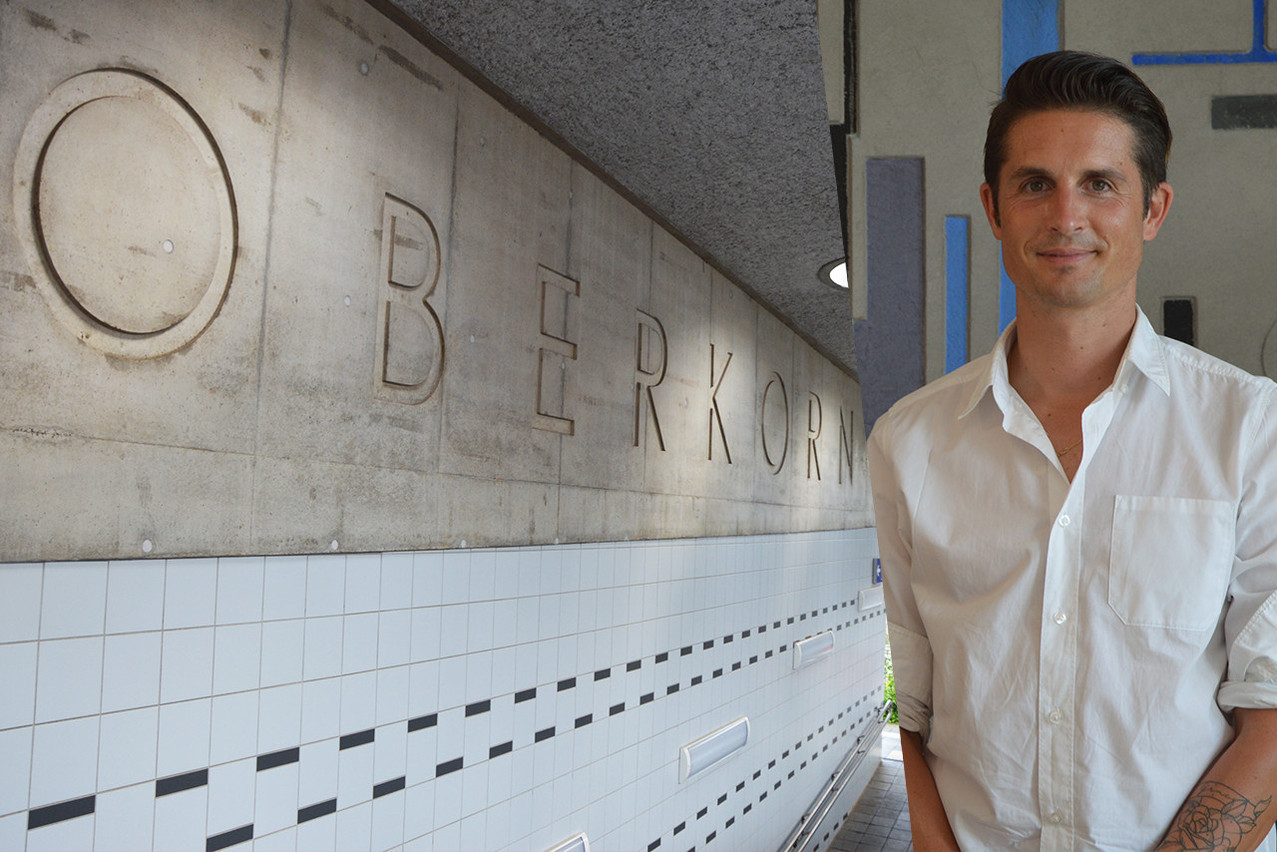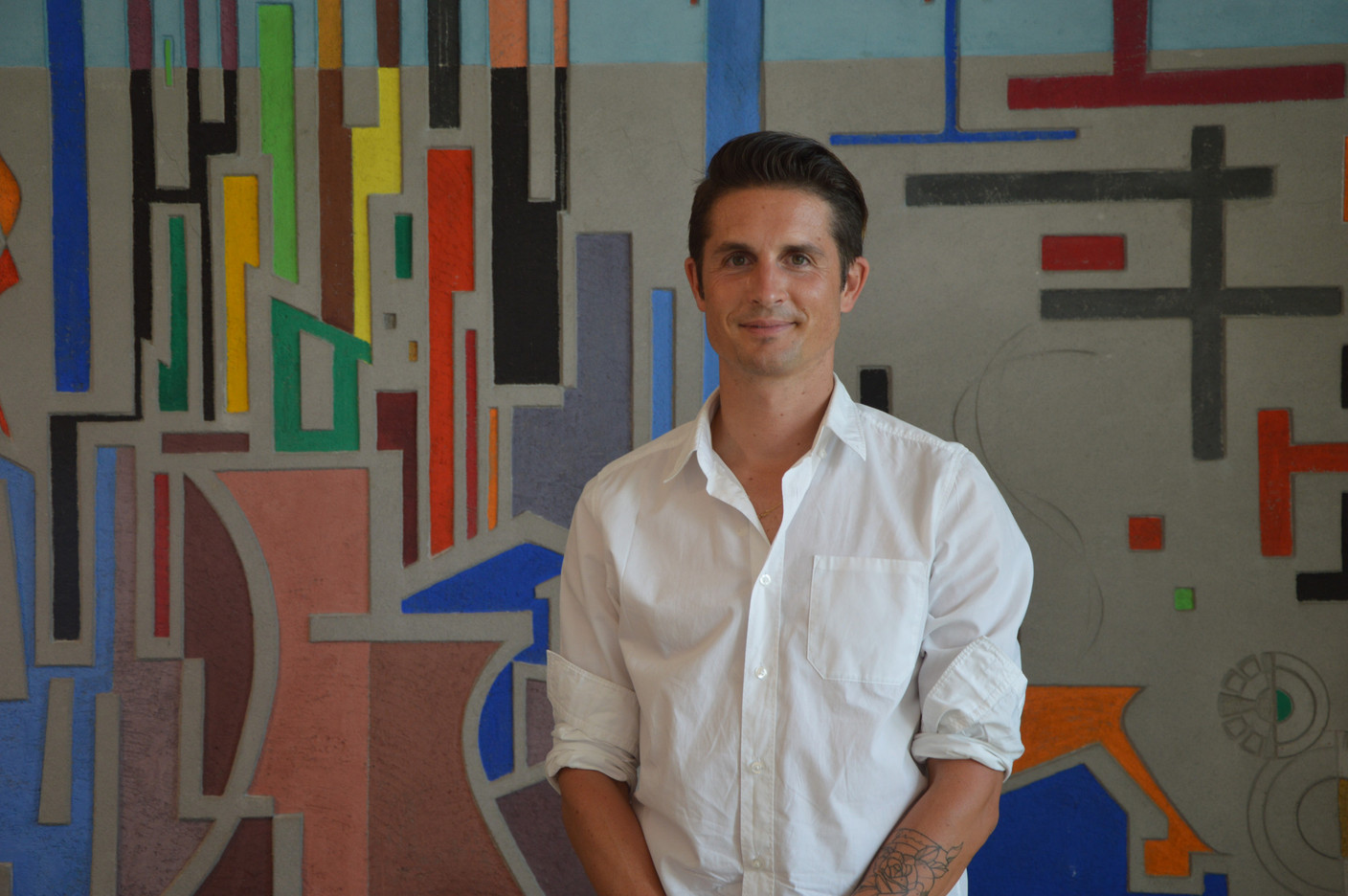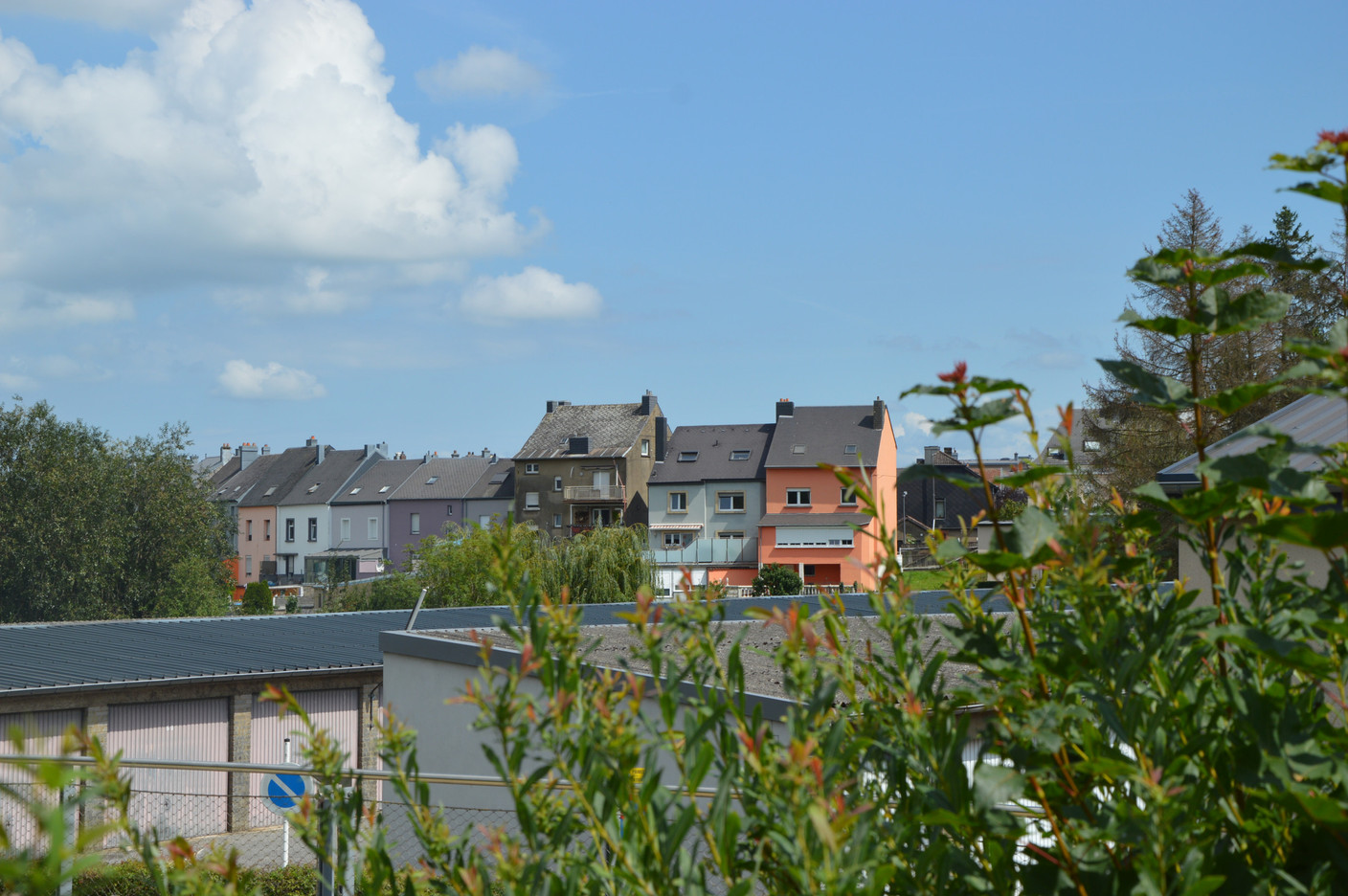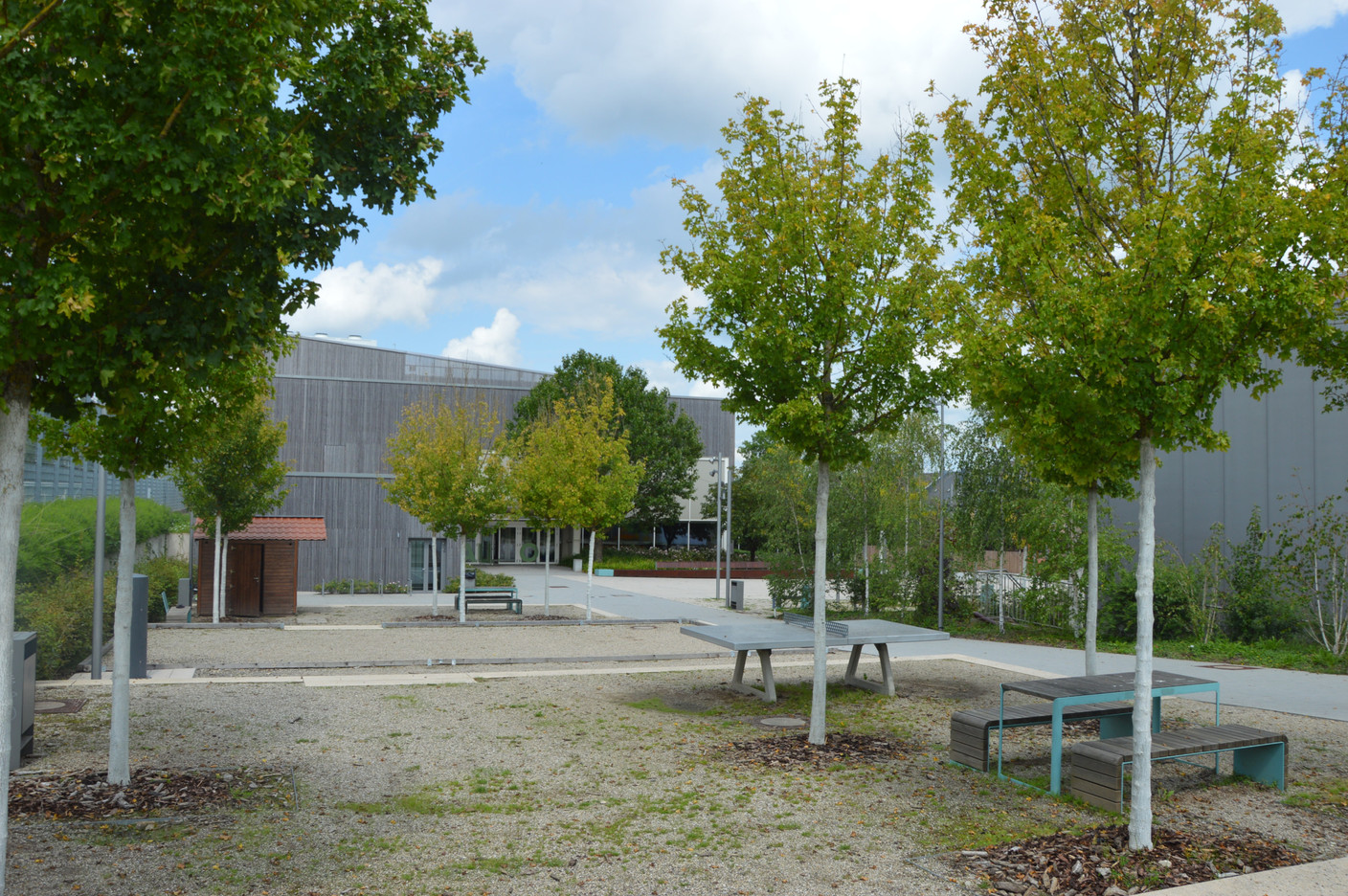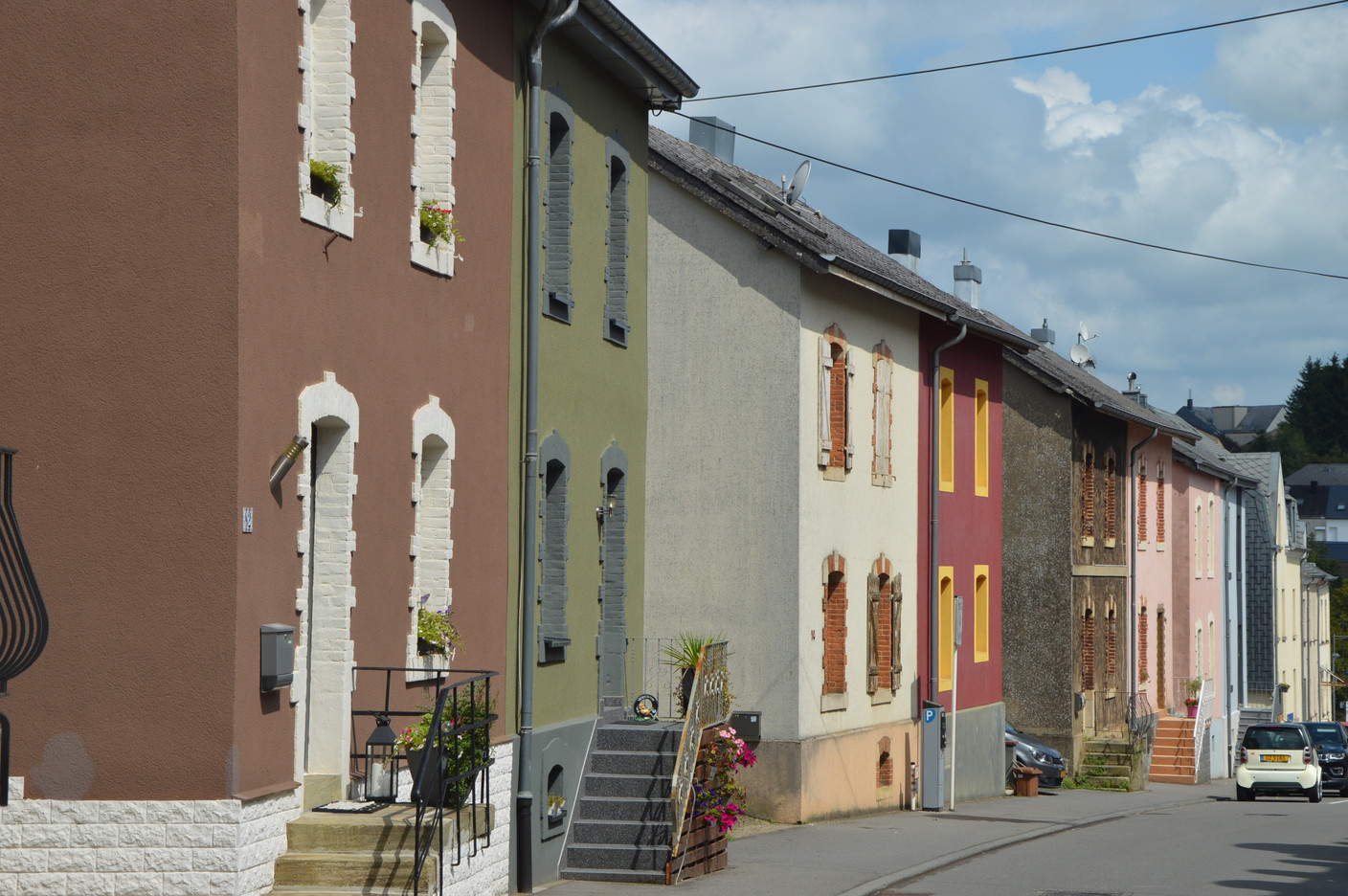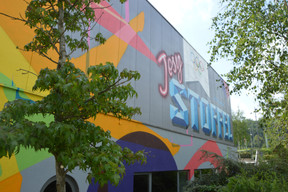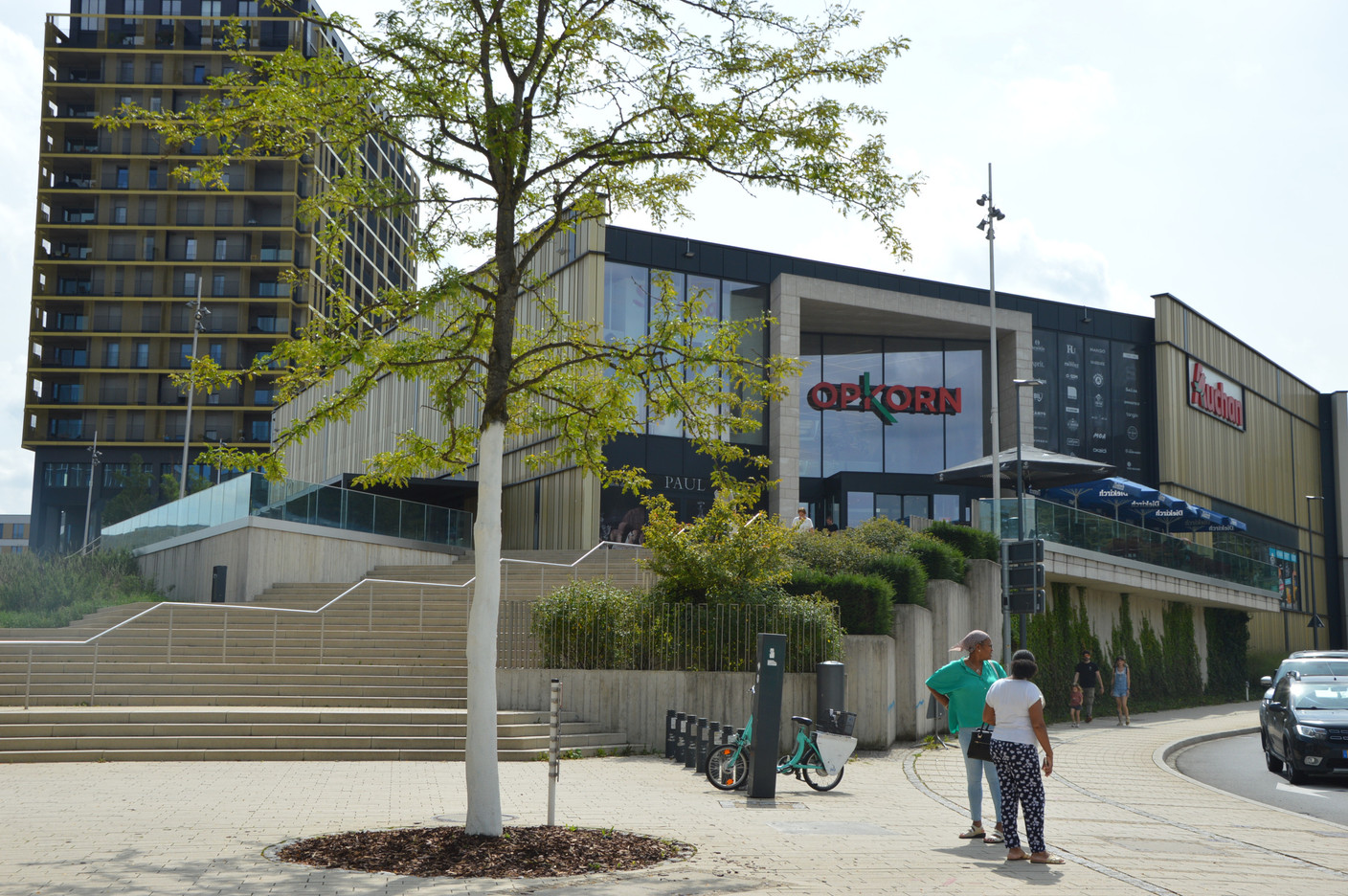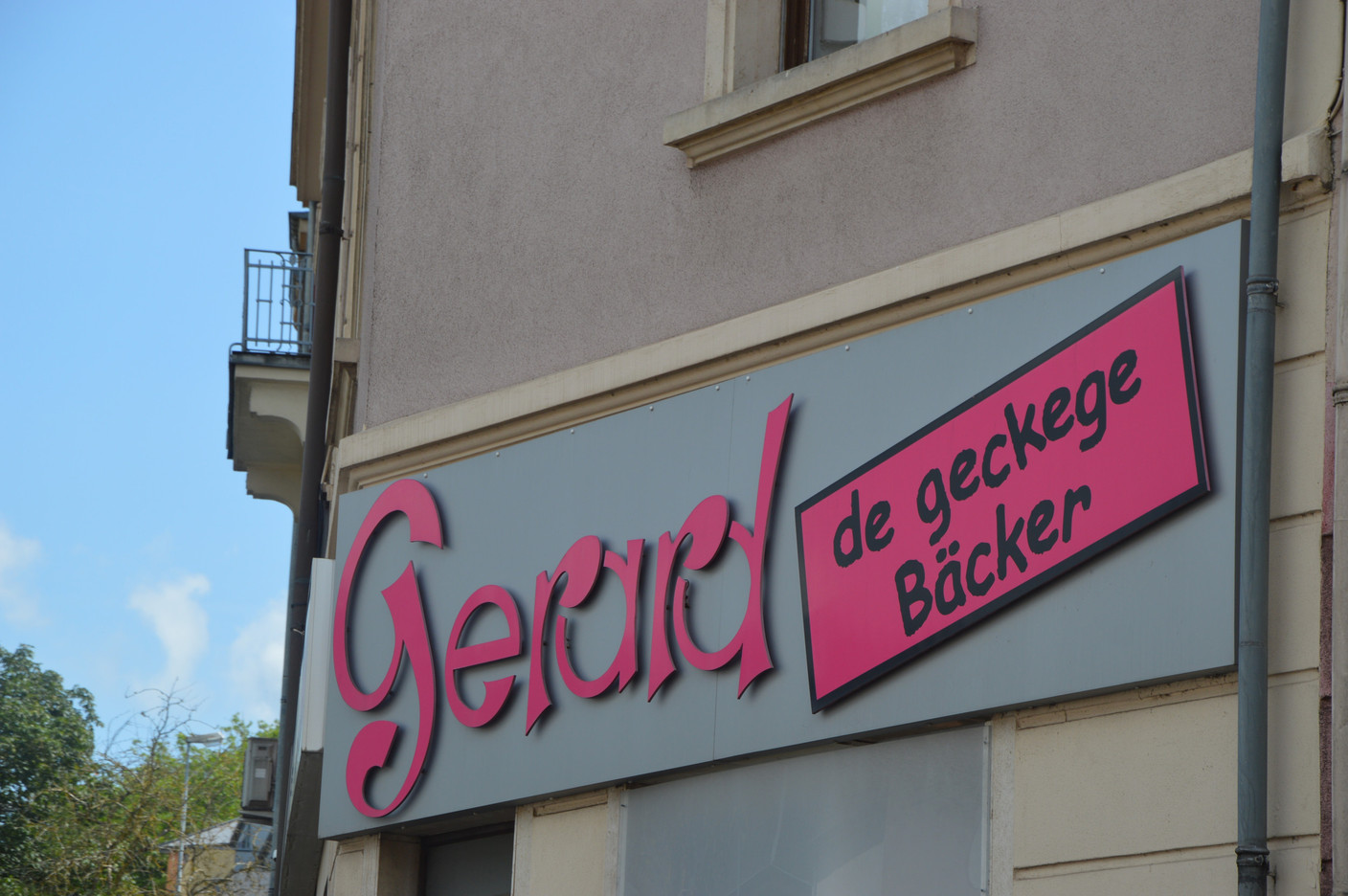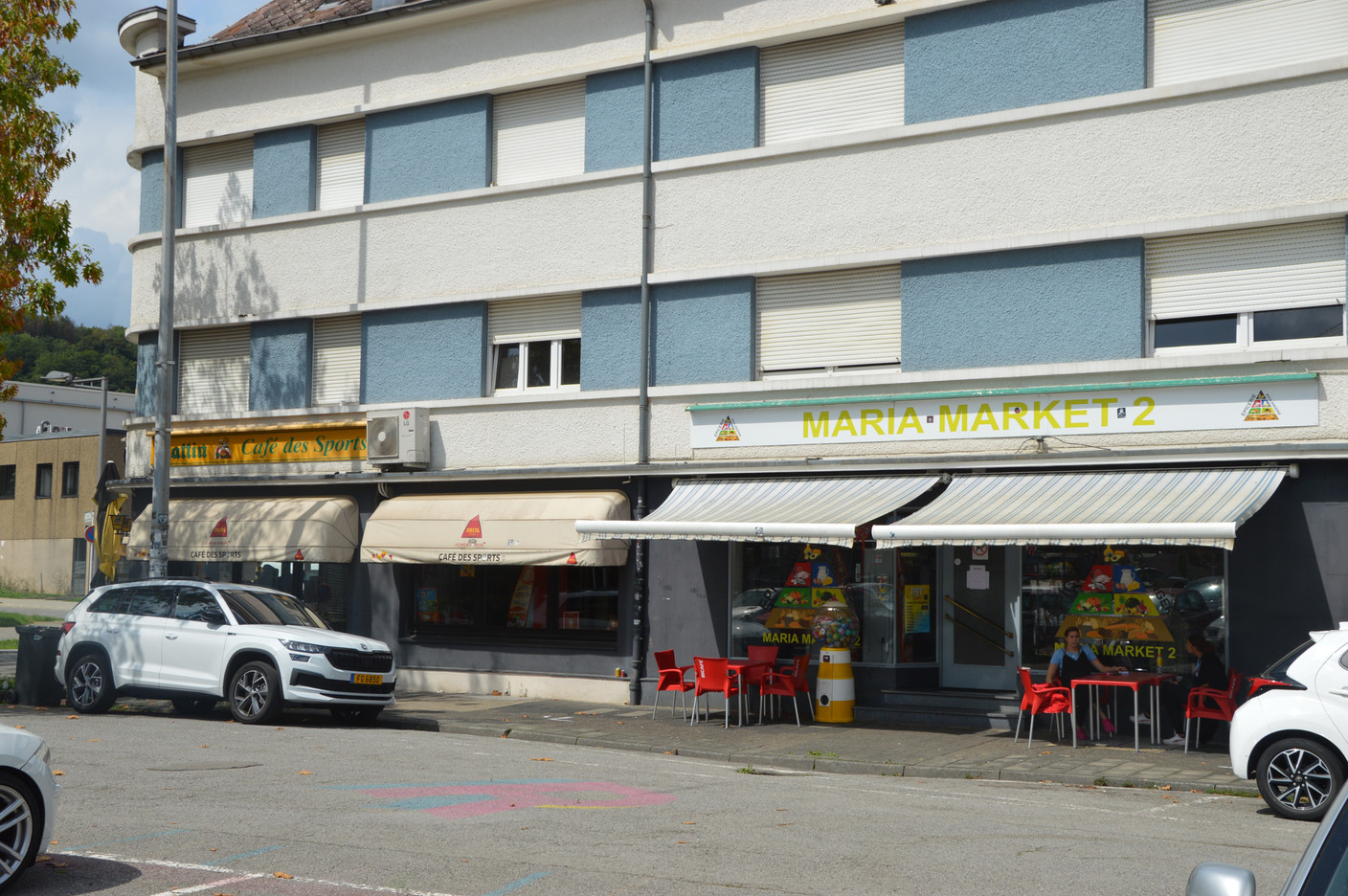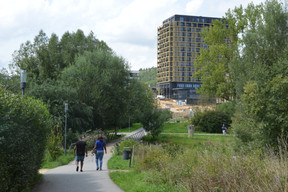“It is without doubt one of the oldest settlements in the southwest of the grand duchy. There are traces of ancient hearths and dwellings dating back to prehistoric times,” says the Differdange municipal archives about Oberkorn. But make no mistake: “old” does not mean decrepit or obsolete. Far from it. The town has managed to preserve vestiges of its rich past while offering unique and attractive newer features.
Oberkorn was an independent locality until 1908, when it merged with the towns of Differdange and Niederkorn to form the commune known as Differdange. Later, the nearby mining village of Lasauvage was added to the commune. That one is also “a nugget worth a visit,” says Max Felten, city manager and chief economist of Differdange commune. On the subject of Oberkorn: “Compared with other parts of the commune, such as Differdange’s city centre where shops are concentrated, Oberkorn is more residential.” Felten hails from the capital but has chosen to work for Differdange because of the commune’s dynamism and high potential.
With 4,658 inhabitants, or around 16% of the population of the commune, Oberkorn boasts a mix of cultures: 74 nationalities live together on a daily basis on some 200 hectares of land. British band Depeche Mode found it so special that they wrote a song about it: “Oberkorn (It’s a Small Town)” came out in 1982. Also striking about the town is the farm smack in the middle of it: nestled in urban surroundings is Guy Tempels’s farm, with its crops and cows, sprawling over some 115 hectares.
Also special about Oberkorn is its athletic scene: the town is home to a number of sports facilities. Not all of these are commune initiatives, but the concentration is nevertheless significant. A must-see is the Aquasud aquatic centre, which opened in 2014 and has nine pools, fitness rooms, a wellness and mineral springs area, and a treatment centre complete with beauty salon and lounge bar.
Last November, the government also inaugurated SportFabrik, a state-of-the-art sports complex, in Oberkorn. Managed by the Luxembourg Institute for High Performance, top athletes use it every day. “There’s also Lunex University,” adds Felten, “and in Differdange itself there’s Miami University. These institutions attract students and we want to continue to attract young people.” On top of all that, there are numerous football pitches, a sports park as well as clubs and associations representing nearly every sport.
The second Nuit du Sport (Sports Night) was held in May all over the country, an opportunity for cultivating Oberkorn’s athletic spirit. “We want to develop this sporting dimension even further--but we also want to include a health component,” says Felten. “We’re planning a future centre for preventive medicine based on sport and health. This would create better connections for cycling between all these areas. Sport is also interesting because it helps to create social links, to reach out to young people and integrate them, while also being relevant to all ages.”
Old water tank becomes cultural space
Also notable about Oberkorn is how its old water reservoir has been renovated to become the “Espace H2O,” which hosts cultural events. At the end of September, Luxembourg Fashion Week is coming there. Sooner--on 20 August--the World Cup will be shown, starting at 11am. .
Plans are in place to redevelop Place Jean-Steichen, at the heart of the town, to make it a more pleasant meeting place. “In Oberkorn, there has always been less retail activity than in the Differdange town centre. We’ve been working to revitalise that town centre, but Oberkorn’s too,” says Felten, pointing to the Maxim hotel project as an example. The Prommenschenkel residential development is also set to expand the area significantly.
Asked to sum up the district in three words, Felten says: “Diversity, creativity, dynamism.”
This article in Paperjam. It has been translated and edited for Delano.
